Foreigners often come to the Netherlands and are unsure of how to live in the Netherlands. We like to grumble about the weather and the food, but these issues alone aren’t enough to drive us out. So, what keeps us here? What are the factors that compel us to remain? Here are ten things that make life in the Netherlands so great, in no particular order.
10 reasons to love living in the Netherlands
The ability to cycle wherever and everywhere
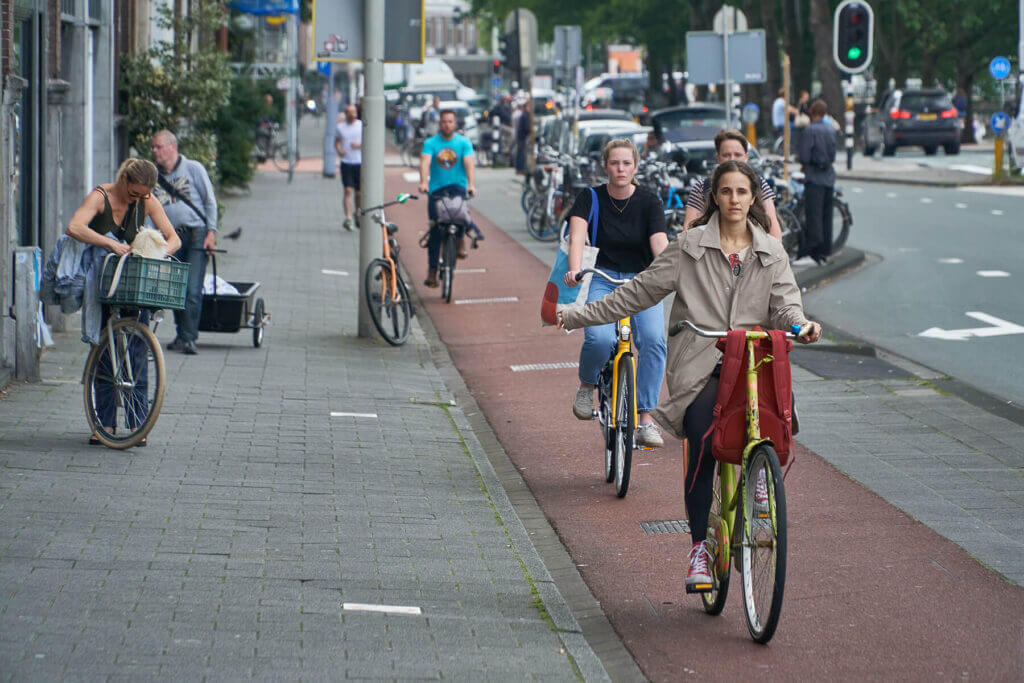
Need I say more? No traffic, no looking for a parking spot, and no guilt about CO2 emissions.
Bicycle in the Netherlands is a wonderful experience due to the absence of hills, short distances, and incredible cycling infrastructure. When your bike has become a reliable companion and your driving skills have grown a little rusty, you realize how lovely a car-free lifestyle can be.
The Dutch have a straightforward communication style in life
When you first come to the Netherlands, you may be surprised by the country’s image as a straight-talking nation. However, when you learn to decode light insults into constructive criticism, you’ll discover that it’s not all awful.
Directness and (brutal) honesty are valued virtues among the Dutch, whether with friends and family or colleagues at work. Such ways of speech are meant to be a sort of open conversation, not an attack on your character.
Direct communication can save a lot of time and emotional anguish. If you don’t want to see a friend because it’s raining, say so! Lying through your teeth with a weak reason will not get you anywhere and may appear phony or dishonest.
Happy kids (and the Dutch approach to parenting)

Raising children in the Netherlands is unique: toddlers are blasted by wind and rain while perched on a parent’s bike, children skip barefoot through empty beer glasses at festivals, and city play places are scarce. Despite this, Dutch children are usually cheerful, tantrums are uncommon, and a shortage of space is compensated for through imagination.
Like communication, Dutch parenting is uncomplicated, allowing children to play freely and explore their surroundings. It is uncommon to panic or chastises a youngster if they injure themselves or break something.
Dutch parenting is frequently summed up in the “three Rs” mantra: rust, reinheid, en regelmaat (rest, cleanliness, and regularity), which appears to give Dutch children a good start in life and may explain why the Netherlands is consistently ranked as one of the best countries in the world for raising a child.
The Dutch luxurious boat life
It takes time for expats to realize one of the great pleasures of life in the Netherlands: if you’re surrounded by water, you might as well get on a boat and enjoy it!
Boating in the Netherlands is similar to picnics in other countries: an opportunity to eat, drink, and socialize outside. Except when you’re on a boat, sailing through the canals of a gorgeous Dutch city, the view changes all the time – and you may jump off the picnic mat.
Whether it’s a large canal-based event (like Amsterdam Pride) or just a sunny afternoon with pals, boats and boating are central to Dutch summer social life.
The magnificent interiors and antique architecture
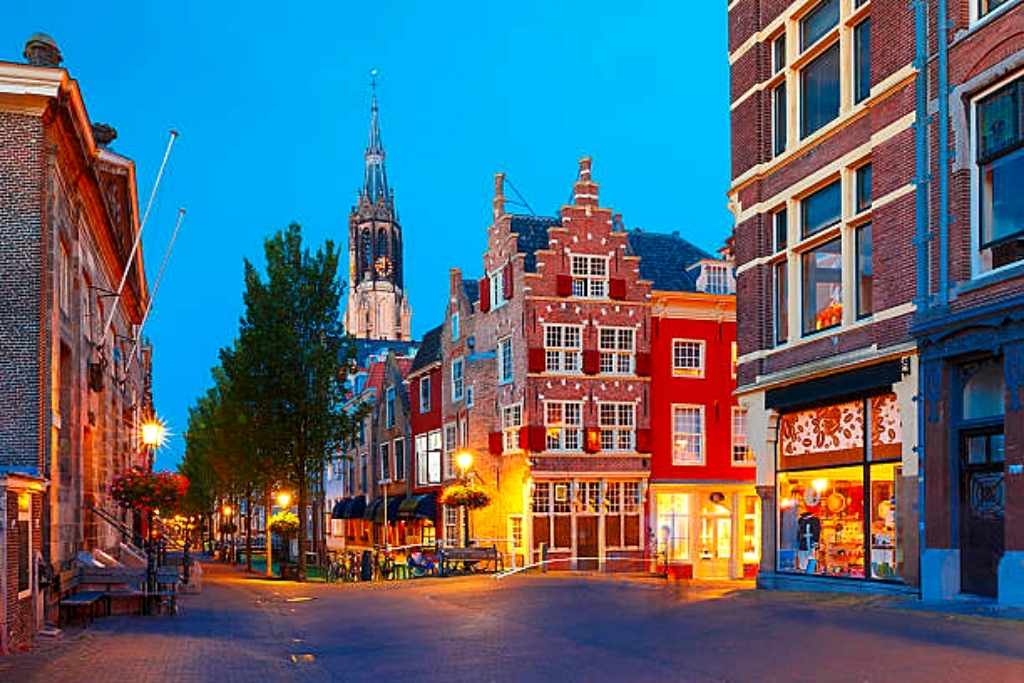
In their paintings, Golden Age masters such as Johannes Vermeer and Pieter de Hooch depicted the elegance and simplicity of Dutch interiors. The history of tranquil and attractive living places continues to this day, 400 years later.
Houses in the Netherlands frequently feel like snug cocoons, secure from the unpredictable weather outside, with large windows, fresh flowers, and elegant yet functional furniture. When you return to your native country, you may be surprised to see crowded interiors or a lack of gezelligheid.
Obviously, having less room drives you to make better use of it. In short, you can’t afford to be a hoarder in the Netherlands!
The Dutch, with their distinct culture and way of life
What is a country if it is not its people? Last but not least, the Dutch themselves make the Netherlands a truly unique place to live. Sure, it takes some time to connect with locals when you first arrive, and Dutch people don’t rush to be your buddy. But once you get to know them (and make an effort to speak Dutch), you’ll find they’re a truly decent bunch with a hidden soft side and a great sense of humour.
There’s a lot to be said for the Dutch character: stern, but often lenient; thrifty, but generous to a good cause; restrained, but wild in the right environment (think King’s Day); and gewoon, or “normal,” but actually a touch crazy.
There are numerous new opportunities for everyone.

The Netherlands may be small, but it is brimming with new chances. If they are prepared for the challenge, expats can find a variety of career opportunities in the Netherlands, ranging from working for one of the numerous worldwide corporations to starting their own business.
The Dutch government is always looking for innovative ways to attract highly qualified migrants and entrepreneurs, such as the 30% tax break and the startup visa residence permit. The government also assists small firms in growing by streamlining bureaucracy, providing tax advantages, and constantly changing government policy.
After all, this is a country that has evolved through time from a tidal lowland of farmers, sailors, and merchants into a financial hub, design hotspot, and startup capital!
Infrastructure that is (mostly) dependable and well-organized
Things work in the Netherlands (most of the time). Trains, while occasionally late, are regular and modern, and many other modes of public transportation and infrastructure are dependable. Garbage is collected on a regular basis, streets are cleaned, if you are fired, you may apply for unemployment compensation, and emergency surgery is covered by health insurance.
Effective administration has a cost; taxes and insurance are not cheap, but they provide a safety net and peace of mind that can save you from the bureaucratic stress that is frequent in other nations.
How the country is always changing and developing
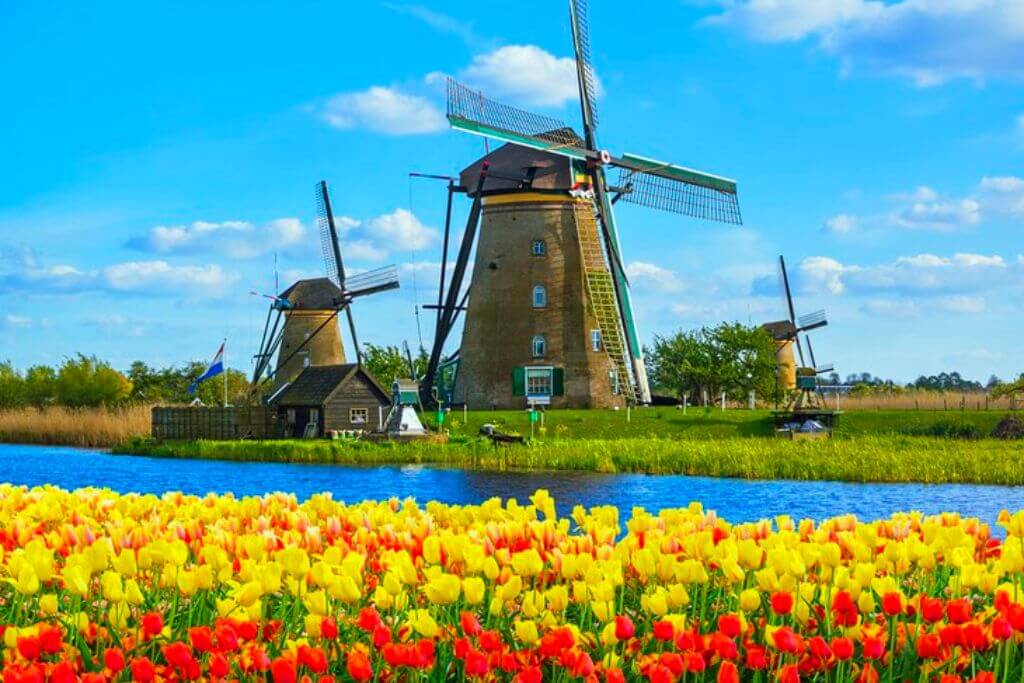
After a few years in the Netherlands, you will notice the ongoing regeneration and development that is going on. Old buildings are being renovated, empty roads are being converted into bike lanes, and new metro lines are being built (extremely slowly).
The Dutch do not fear change. For a few years, ephemeral bars crop up in derelict industrial buildings, only to be replaced by apartments or a new hotel. This ongoing change can be aggravating, especially when your favorite club closes, but it also means there is always room for experimentation and something new.
The accepting and open mindset
The open manner Dutch people listen to you when you talk about yourself is unique. Self-deprecation and demeaning oneself are uncommon; instead, people accept each other for what they are. For expats coming from more judgmental societies, this can be quite refreshing.
This welcoming attitude might be shown at work or during networking. People take you seriously, which means your abilities will be recognized (as well as your weaknesses, of course!)
6 things I hate about living in the Netherlands
The climate is apart of Dutch Life
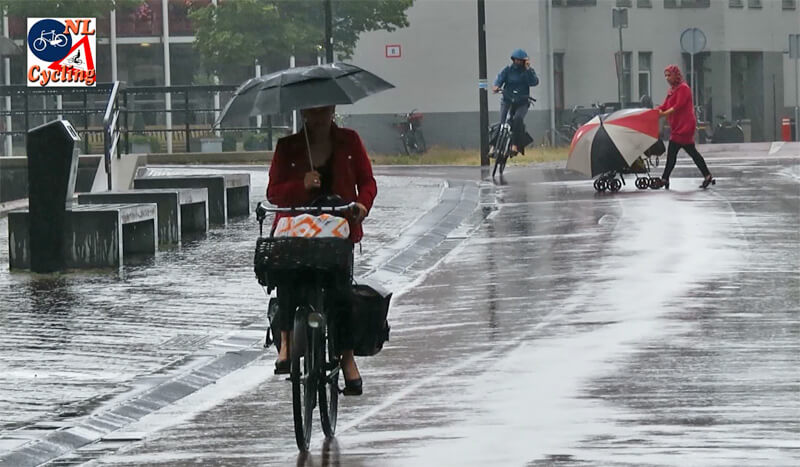
How to live in the Netherlands with a lot of rain? Perhaps you’re from a warmer climate. You have one barely worn coat, if any at all. Life in the Netherlands is jarring because you don’t comprehend how people can possibly live in such a chilly, damp, and continuously changing climate that is gradually getting colder and colder. You must bring hot water to defrost your bike lock or make do with a cup of tea or coffee if no kettle is available. Nonetheless, the Dutch are concerned about global warming.
People are judging you because you made a bicycle error.
You incorrectly believe you are a cycling pro; shouldn’t a few months of practice in the Netherlands suffice? No! One snide remark or judging facial expression is all it takes to remind you that you know nothing about riding and will never find it as easy as the Dutch, who have done it their entire lives. You must clearly respect their ability to ride their bikes while wearing blindfolds.
Pretending to comprehend Dutch
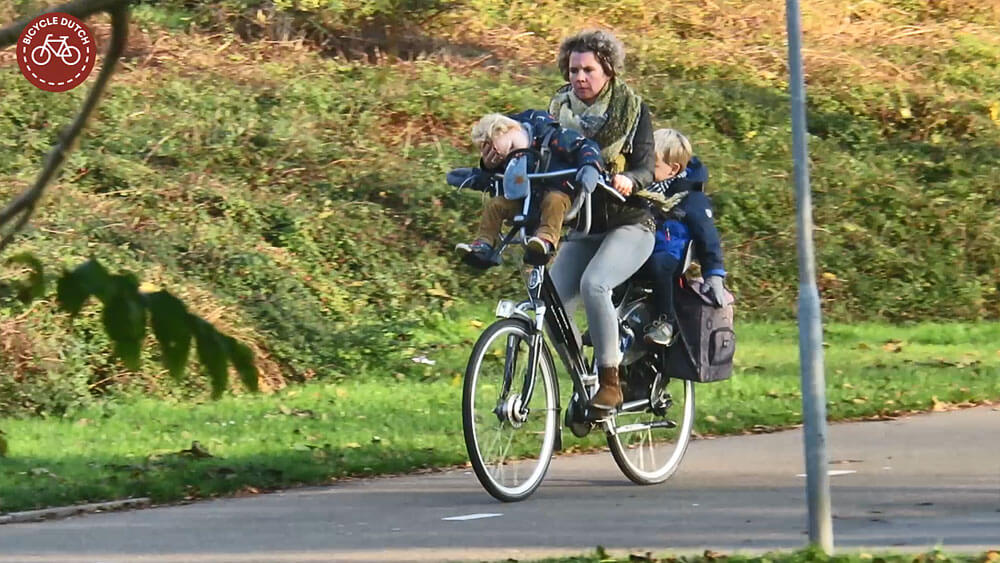
Sometimes a pleasant Dutchman or woman will remark something to you that you know is a lighthearted or hilarious joke, but you don’t know what it is. You may exhibit a commonly acceptable human response: you may laugh along or grin and hope to get away with it. But you won’t since the Dutch are keen to demonstrate their command of modern language. Never consider it disrespectful to ask someone to repeat themselves in English. They adore it.
Stairs of life and death
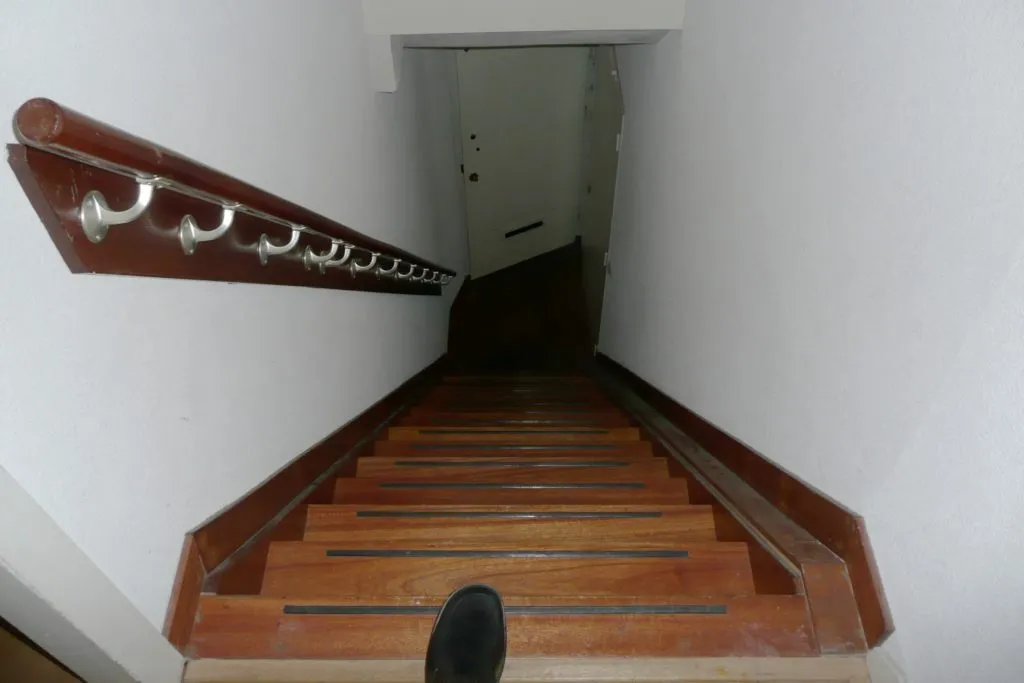
How to live in the Netherlands with unique stairs? It’s surprising how you never noticed the differences in stairwells between countries. In actuality, it’s likely that you never considered it until your exchange in the Netherlands. When you get home, however, you’ll notice how much legroom you have, and the stairs almost feel strange for not being steep. Where, after all, is the challenge of improving your balance? It almost seems like climbing the stairs at home takes longer. Stairs in the United States do not provide the perilous life-or-death situation they do in the Netherlands.
A spectacular bike crash
If the Netherlands has taught you anything, it’s how to manage a bike mishap in style. Of course, you’re aware that you could practically fly off your bike anytime, especially in slippery or snowy conditions. (Recent icy weather demonstrated this point.) It’s probably best to join in on the laughter and dust yourself off. Unless you are injured, a journey to UMCG or Martini (the Groningen hospitals) may be preferable.
Pretending to understand Dutch life
You succeed in mastering a few easy Dutch words to avoid feelings of guilt while repeatedly asking someone to repeat something in English (which you should not see 3). That is a recipe for disaster. People will still have difficulty understanding you since you mispronounce words and fail to account for your strong, non-Dutch accent. Sometimes you have to accept defeat. But don’t worry: the Dutch are ready to demonstrate their English abilities and pleasant helpfulness.
How Did The Dutch Get Their Bike Infrastructure?

Valuable information. Lucky me I found your web site by accident, and I am shocked why this accident didn’t happened earlier! I bookmarked it.